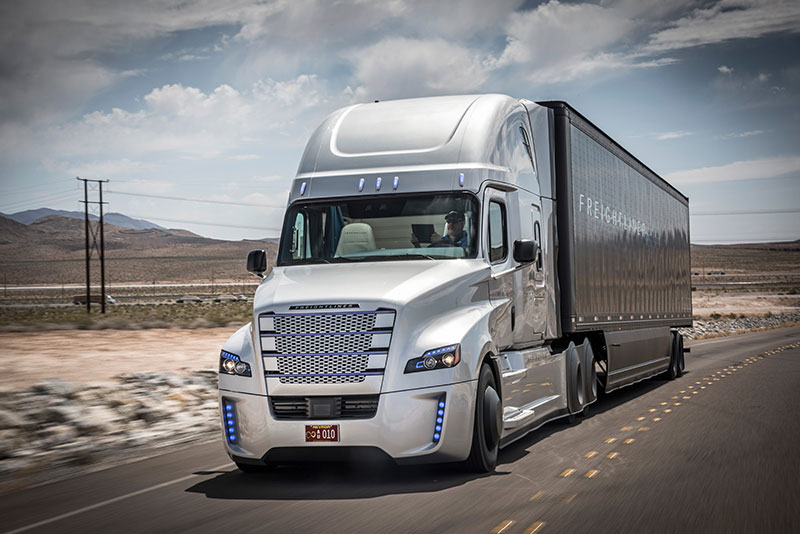
Driving Trucks
If you are in the transportation business, you’ve heard of the truck driver shortage. This large driver shortage has reached crisis level.
As per the American Trucking Association, by the end of 2017, the Unites State required 51,000 more truck drivers that are working, and the numbers are expected to keep rising.
Although there are many reasons behind the shortage, one is indisputable, young people aren’t considering truck driving as a career.
The Drake Group states, “46% of all business owners surveyed are experiencing a driver shortage right now. It was quickly identified that not only is it difficult to get more drivers, but also find quality drivers. In fact, 82% of them are experiencing issues in attracting the quality of drivers expected.”
The median age for drivers is 55. The current shortage can still worsen because these drivers will retire unless the industry inspires Millennials to choose trucking as a career.
Who Are the Millennials?
The Millennial’s age definition varies from those born as early as 1977 to as late as the early 2000s, but generally, this generation consists of those born in the 1980s and 1990s.
No matter the definition, Millennials constitute a large portion of the United States Sate workforce, with this percentage only increasing as the Baby Boomers retire.
More Lifestyle Considerations/problems
To start with, many Millennials have opted out of driving and don’t even bother getting a driver’s license.
Many Millennials gravitate to the big cities where public transport and Uber ride are the options they’d rather use. The idea of never getting a license pushes the notion of training for a truck license even further from Millennial minds.
Beyond getting a license, Millennials like to drink. They consume more liquor than any other generation. With their love of drinking and their inner-city, vehicle free, lifestyle, trucking seems even more unattractive for this generation.
The notion of performing a warehouse management system demo for clients, or working with key trucking software and technology doesn’t seem to make the idea of entering the supply chain anymore attractive for Millenials, who would much rather make money out of social media while drinking a latte.
It is About Age
Millennials cannot consider trucking careers easily due to the timing involved. Drivers need to be a minimum of 21 years old to cross state lines.
Country News, Shepparton Kreskas Bros Transport Manager, Peter Hill states, “‘We’ve got a critical shortage of people now … when the freight task doubles, I have no idea how we’ll have enough people to drive trucks at that stage.’’
By that age, various high school graduates looking for careers that do not need a college degree have moved on to other jobs.
Money
Trucking pays relatively well, however, it takes years of driving and challenging shifts to build up the seniority that nets great pay.
If you look at the federal data, a truck driver in 2006 was making more money than he/she will make in 2016 if you will factor in the price of living.
It is a lot of dollar difference, but yet it shows that wages haven’t meaningfully increased to address the shortage.
Beyond this, generally, trucking schools can cost between $3,000 to $7,000 for the full program.
Although school fees are less than college tuition, they may be out of reach for young people struggling with the rising price of living, which has increased as much as 22 percent for non-housing living prices in few cities.
Rent has increased in most major cities, with some seeing hikes of more than 5 percent within the recent year.





More Stories
Top Car Care Accessories To Protect Your Car in Spring
Benefits of Purchasing A Cashless Claim Settlement Under Two-Wheeler Insurance
Motorcycle Insurance Myths That You Should Not Believe